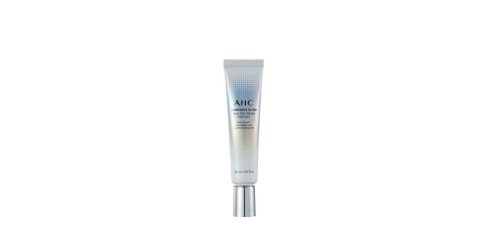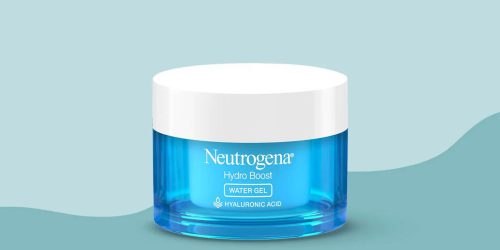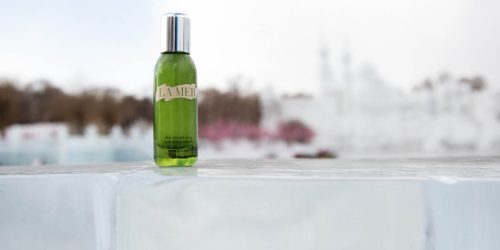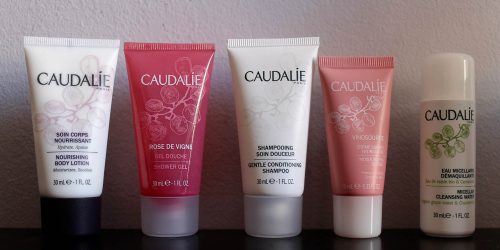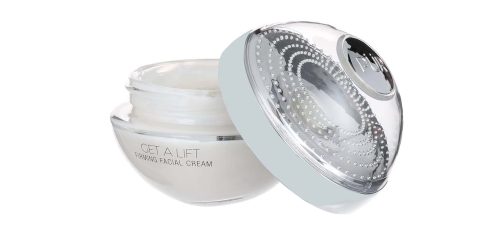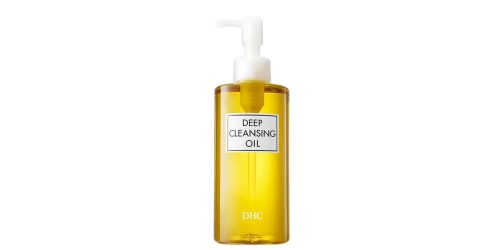How to Care for Oily Skin: A Comprehensive Guide
Oily skin is often misunderstood and neglected, but understanding how to properly care for oily skin can significantly improve its appearance and health. Oily skin is not just about a greasy surface; it can also be associated with enlarged pores, acne, and blackheads. We will delve into the characteristics of oily skin, offer the best methods for cleansing and caring for it, and recommend suitable moisturizers and products to help you achieve a smooth and flawless complexion.
1. What Exactly Is Oily Skin?
Oily skin is characterized by excessive oil production from the sebaceous glands. Located in the dermis layer of the skin, these glands secrete sebum to keep the skin lubricated and protected. However, when sebum production becomes overactive, the skin surface can become greasy, pores may appear more pronounced, and a range of skin issues such as acne and blackheads can arise.
1. Features of Oily Skin
- Greasy Sensation: The most noticeable feature of oily skin is the constant greasy feeling on the surface. This oiliness can appear at different times of the day, especially in the T-zone—forehead, nose, and chin.
- Enlarged Pores: Excessive sebum can cause pores to become more visible and enlarged, giving the skin a rough texture.
- Prone to Acne and Blackheads: Excess oil can mix with dead skin cells and clog pores, leading to acne and blackheads.
- Uneven Skin Tone: Oily skin often comes with an uneven complexion, which may present as excessive shine or dullness.
2. Causes of Oily Skin
- Genetic Factors: Oily skin often runs in families. If multiple family members have oily skin, you might inherit this skin type.
- Hormonal Fluctuations: Changes in hormone levels, particularly during puberty, menstrual cycles, and pregnancy, can increase sebum production.
- Dietary Habits: Diets high in sugar and fat can stimulate sebaceous glands, exacerbating oily skin conditions.
- Environmental Factors: High temperatures and humidity can exacerbate oiliness, leading to more frequent and excessive oil production.
2. What Are the Best Methods for Cleansing Oily Skin?
Proper cleansing is fundamental in managing oily skin. Cleansing oily skin requires special attention to remove excess oil while avoiding irritation and over-drying. Here are some effective cleansing methods and tips:
1. Choose the Right Cleansing Products
- Oil-Control Cleansers: Opt for cleansers containing oil-control ingredients like tea tree oil, sulfur, or salicylic acid. These components help regulate sebum production and cleanse pores.
- Foaming Cleansers: Foaming cleansers are generally effective at removing excess oil and impurities while leaving the skin feeling fresh.
- Gentle Cleansers: Avoid products with harsh ingredients, as they can strip the skin’s natural barrier, causing excessive dryness or adverse effects.
2. Cleansing Frequency
- Morning and Evening Cleansing: Cleanse your face twice daily, once in the morning and once before bed, to remove accumulated oil and impurities. Morning cleansing helps refresh the skin, while evening cleansing clears away the day’s makeup and oil.
- Avoid Over-Cleansing: While oil control is essential, over-cleansing can irritate the skin and damage its protective barrier. Stick to twice-daily cleansing.
3. Additional Cleansing Tips
- Use a Cleansing Brush: A cleansing brush can deeply cleanse pores, removing more oil and impurities. Opt for a brush with soft bristles to avoid irritating the skin.
- Exfoliate Regularly: Exfoliate weekly to remove dead skin cells and prevent pore clogging. Look for exfoliants containing salicylic acid or alpha hydroxy acids to aid in pore cleansing.
Recommended Brands:
- CeraVe Foaming Facial Cleanser: This foaming cleanser features a gentle formula that effectively removes oil while maintaining the skin’s natural barrier.
- La Roche-Posay Effaclar Purifying Foaming Gel: Designed specifically for oily skin, this foaming cleanser contains oil-control ingredients to deeply cleanse pores.
3. Want More Beauty Tips and Tricks?
Beyond basic cleansing, caring for oily skin requires additional beauty tips and techniques to maintain balance and health.
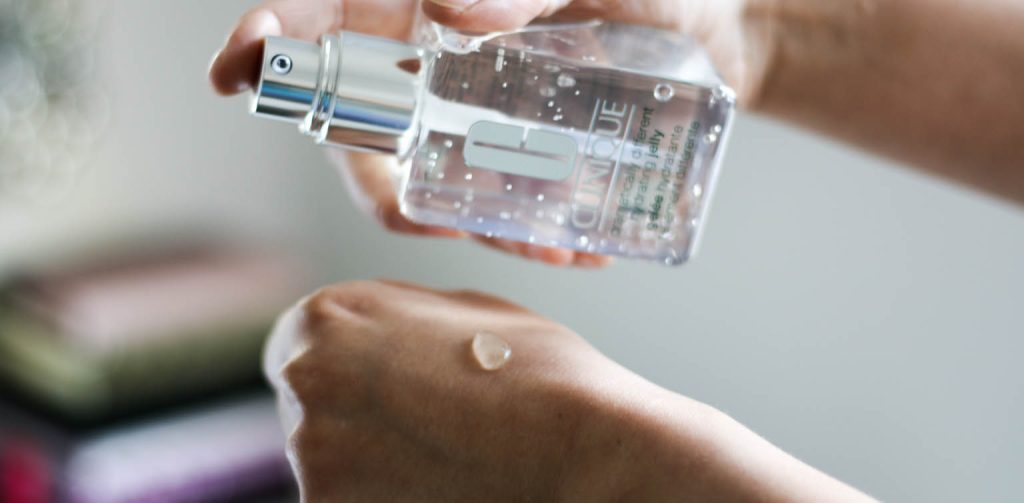
1. Hydration Is Key
- Choose Oil-Free Moisturizers: Even oily skin needs hydration, but opt for oil-free moisturizers such as gel-based formulas. These provide essential moisture without adding to the oiliness.
- Use Hydrating Mists: Hydrating mists can be used throughout the day to maintain skin moisture and prevent excessive dryness.
2. Control Oil and Minimize Pores
- Use Oil-Control Lotions: Oil-control lotions help reduce sebum production and keep the skin feeling fresh.
- Apply Pore-Refining Toners: Pore-refining toners help tighten pores, giving the skin a smoother appearance.
3. Avoid Frequent Face Touching
- Keep Hands Clean: Oils and dirt from your hands can transfer to your face, increasing oiliness. Avoid touching your face frequently and keep your hands clean.
4. Pay Attention to Diet and Lifestyle
- Maintain a Healthy Diet: Consume foods rich in vitamins and minerals, and reduce intake of high-sugar and high-fat foods.
- Ensure Adequate Sleep: Good sleep helps regulate hormone levels, improving skin condition.
Recommended Brands:
- Neutrogena Hydro Boost Water Gel: This oil-free gel moisturizer provides deep hydration while keeping the skin fresh and non-greasy, perfect for oily skin.
- The Ordinary Niacinamide 10% + Zinc 1%: This serum contains niacinamide and zinc, which help control oil and refine pores, addressing oiliness and blemishes.
4. What Moisturizers Are Suitable for Oily and Greasy Skin?
Choosing the right moisturizer for oily skin is crucial for maintaining skin health and comfort. Here are some recommended moisturizers specifically designed for oily skin:
1. Oil-Free Moisturizers
- Characteristics: These moisturizers are typically lightweight and provide adequate hydration without increasing oiliness.
- Recommended Brands:
- Clinique Dramatically Different Hydrating Jelly: This oil-free hydrating gel provides deep moisture while keeping the skin fresh and non-greasy.
- Olay Regenerist Whip Face Moisturizer: With its water-whipped formula, this moisturizer absorbs quickly and delivers long-lasting hydration without leaving a greasy residue.
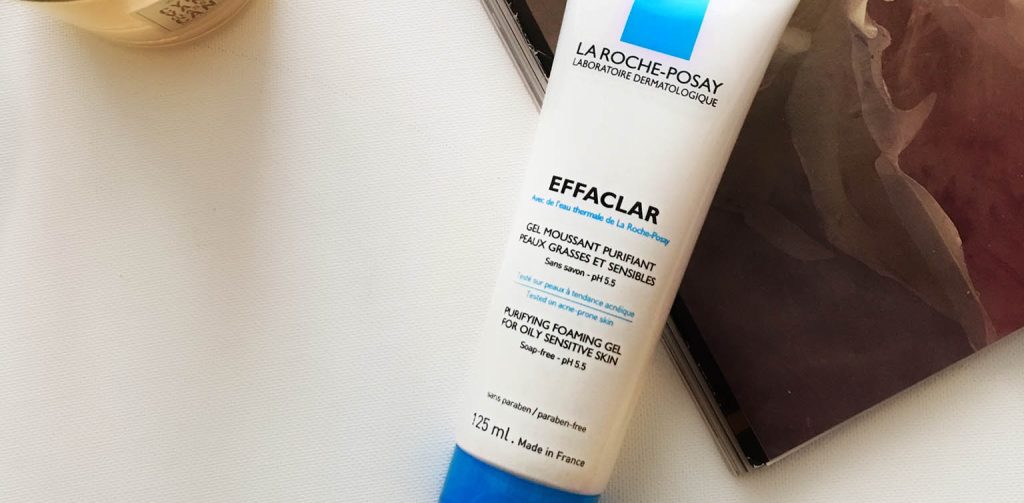
2. Oil-Control Moisturizers
- Characteristics: Oil-control moisturizers help reduce sebum production, maintaining a matte finish.
- Recommended Brands:
- Murad Oil and Pore Control Mattifier: This moisturizer effectively controls oil and minimizes pores, making it ideal for oily and combination skin.
- La Roche-Posay Effaclar Mat: This oil-control moisturizer contains sebum-absorbing ingredients that reduce oil shine and smooth the skin.
3. Pore-Refining Moisturizers
- Characteristics: Pore-refining moisturizers help tighten pores, giving the skin a smoother look.
- Recommended Brands:
- Dr. Dennis Gross Alpha Beta Pore Perfecting & Refining Serum: This serum helps refine pores and improve skin texture with its effective formula.
- Paula’s Choice Resist Super-Light Daily Wrinkle Defense SPF 30: This product offers antioxidant protection and pore-refining benefits, enhancing skin texture while providing daily sun protection.
Caring for oily skin requires meticulous attention and appropriate product choices. From understanding the characteristics of oily skin to selecting the right cleansing methods and moisturizers, every step is crucial for improving skin quality. By utilizing the recommended brands and products, you can effectively manage oiliness, refine pores, and maintain a healthy and comfortable complexion. Master these tips and techniques to make your oily skin glow with confidence and embrace each day with radiant, balanced skin.
